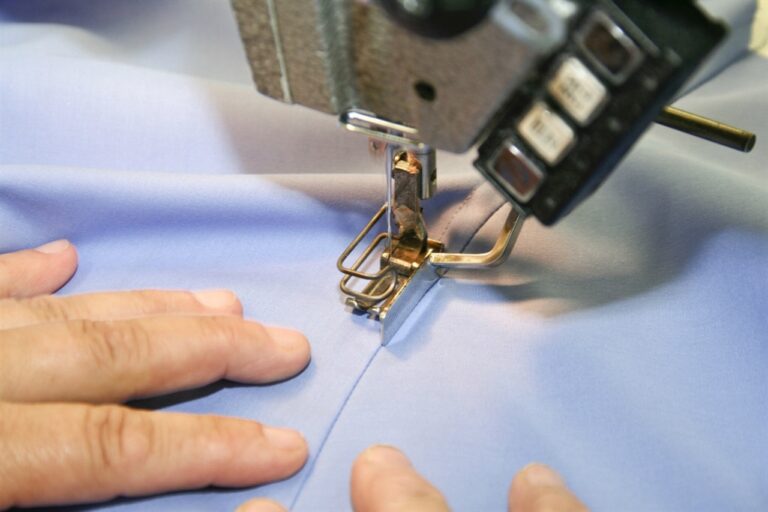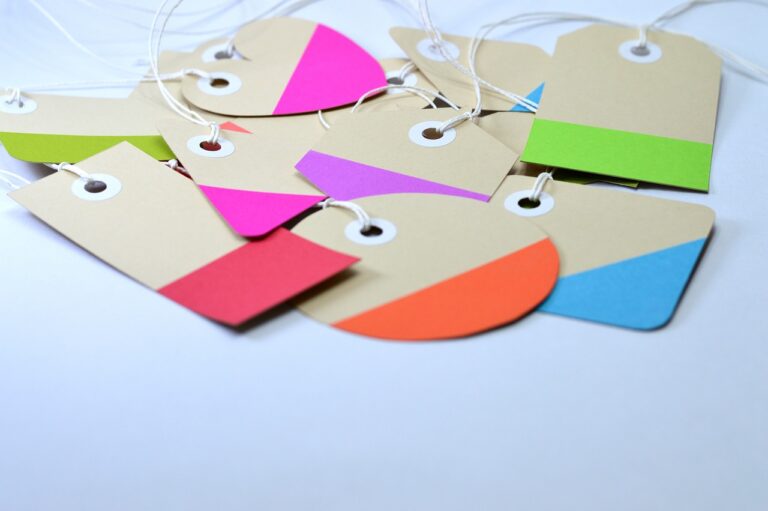Fashion Forecast: Predicting the Rise of Sustainable Fashion Movements
With the growing awareness of environmental issues, sustainable fashion has been gaining momentum in the fashion industry. Consumers are increasingly drawn to brands that prioritize ethical practices, transparent supply chains, and eco-friendly materials. This shift towards sustainability has sparked a wave of innovation, with designers and retailers embracing more responsible production methods and offering eco-conscious fashion options.
One of the current trends in sustainable fashion is the rise of upcycling and vintage clothing. Upcycling involves repurposing old garments or materials to create new pieces, reducing waste and giving new life to discarded items. Similarly, the popularity of vintage and second-hand clothing has soared, with many consumers opting for pre-loved pieces to minimize their environmental impact. This shift towards more conscious consumption is reshaping the fashion industry and encouraging a more sustainable approach to dressing.
The Impact of Fast Fashion on the Environment
Fast fashion has become a growing concern for environmentalists due to its extensive use of natural resources and contribution to landfill waste. The constant demand for new clothing items leads to increased production, which often results in higher levels of greenhouse gas emissions and water pollution.
Additionally, the short lifespan of fast fashion garments encourages a throwaway culture, where clothes are disposed of quickly and end up in landfills. The production process of these garments also involves chemicals and dyes that can be harmful to both the environment and human health.
• Fast fashion contributes to the depletion of natural resources such as water and fossil fuels
• The production of fast fashion items often involves exploitative labor practices in developing countries
• The trend of constantly changing styles encourages overconsumption and waste
• Many fast fashion brands do not prioritize sustainability or ethical sourcing in their supply chains
Innovations in Eco-Friendly Materials for Clothing
One of the most significant developments in the realm of sustainable fashion is the rise of innovative eco-friendly materials for clothing. With a growing awareness of the environmental impact of traditional textiles such as cotton and polyester, designers and manufacturers are turning to alternative options that have a lower ecological footprint. These new materials are often sourced from renewable resources like bamboo, hemp, and organic cotton, which require less water and energy to produce, making them more environmentally friendly choices for conscious consumers.
In addition to natural fibers, advancements in technology have led to the creation of innovative synthetic materials that mimic the properties of traditional fabrics without the harmful effects on the environment. For instance, recycled polyester made from post-consumer plastic bottles is gaining popularity as a sustainable alternative to virgin polyester. Similarly, fabrics engineered from biodegradable materials like algae and mushroom mycelium are paving the way for a new era of eco-conscious fashion where style and sustainability go hand in hand.
What is sustainable fashion?
Sustainable fashion refers to clothing that is designed, manufactured, distributed, and used in ways that are environmentally friendly and socially responsible.
What are some current trends in sustainable fashion?
Some current trends in sustainable fashion include upcycling, using organic and natural fibers, reducing water and energy consumption during production, and promoting ethical labor practices.
How does fast fashion impact the environment?
Fast fashion contributes to environmental degradation through excessive water usage, chemical pollution, and high levels of textile waste. The fast fashion industry also relies on unsustainable production practices and contributes to greenhouse gas emissions.
What are some eco-friendly materials used in clothing?
Eco-friendly materials used in clothing include organic cotton, hemp, bamboo, recycled polyester, and Tencel. These materials are sustainable, biodegradable, and have a lower environmental impact compared to conventional fabrics.
How can consumers support sustainable fashion?
Consumers can support sustainable fashion by choosing clothing made from eco-friendly materials, buying from ethical and transparent brands, shopping second-hand, and promoting a circular economy by recycling and repurposing clothing.







